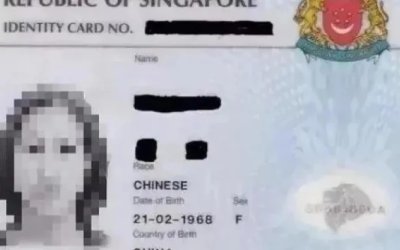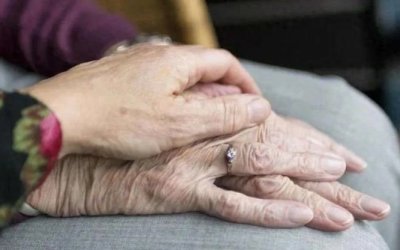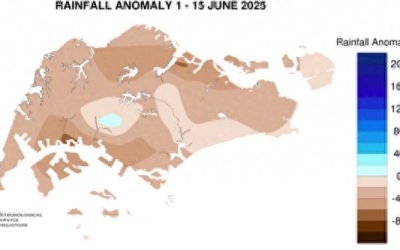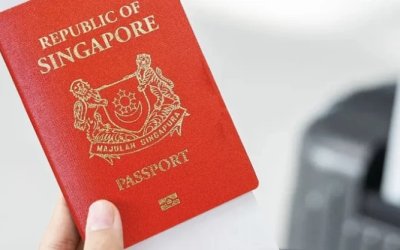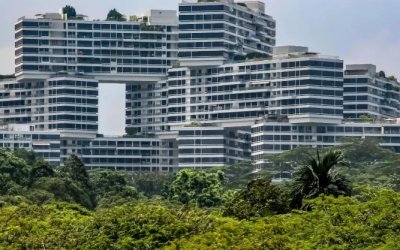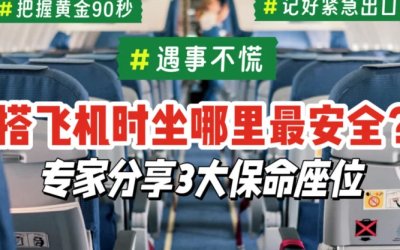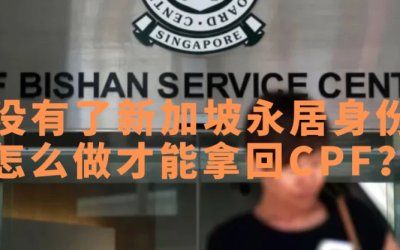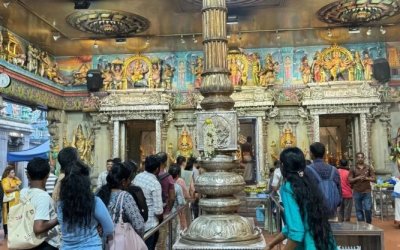With the JSS extension, most businesses will receive wage support for 17 months to help them retain as many workers as possible. Over these months, JSS support will range from 10% to 75%. Even at 10% support, the payouts cover more than half of employers’ CPF contributions. This ensures that we continue to build up the CPF savings of our workers during the crisis.
I urge all businesses to make full use of this additional support to retain and upskill your workers, and to transform your operations for the post-COVID-19 world. This will enable you to spring back faster when the recovery comes. For firms that are coping well, I encourage you to return or donate your JSS payouts. Nearly 600 firms have already done so, and I thank them for their sense of community. Besides the JSS, businesses can also tap on other existing schemes, such as the enhanced Enterprise Financing Scheme and Temporary Bridging Loan Programme which are available until March 2021.
Creating Job Opportunities
There are bright spots amidst the severe economic situation. Our biomedical sciences, financial services, and ICT sectors continue to need more workers. The public healthcare and long-term care sectors are hiring. Some firms in the F&B and manufacturing sectors are growing and innovating.
To support hiring in these growing sectors, we will launch the Jobs Growth Incentive, or JGI. The JGI supports the Government’s efforts to create new jobs for our workers, with a special focus on our mature workers.
This $1 billion programme will support firms to increase their headcount of local workers over the next six months. For these firms, the Government will co-pay up to 25% of salaries of all new local hires for one year, subject to a cap. For those aged 40 and above, the co-payment to firms will be up to 50%. The Ministry of Manpower will provide more details later this month.
To better flow workers to new opportunities, we have set up 24 SGUnited Jobs and Skills Centres in the heartlands.
I encourage jobseekers to visit these centres and make the best of the resources available – to find a suitable job, traineeship, attachment or training. This way, you are better prepared when the job market recovers.
Supporting Workers
Even with our best efforts, retrenchments will be inevitable. As our Labour Movement puts it, we cannot protect every job, but we will protect every worker. For those of you who have fallen on hard times, we will continue to support you and walk this journey with you.
The Government will continue to work closely with our tripartite partners to help our displaced workers. We are updating the Tripartite Advisory on Managing Excess Manpower and Responsible Retrenchment, to incorporate the Fair Retrenchment Framework proposed by NTUC. The NTUC Job Security Council, which was set up earlier this year, has matched more than 20,000 displaced and at-risk workers to new opportunities.
I will also extend the COVID-19 Support Grant, or CSG, to help Singaporeans who are unemployed or have suffered significant income loss. The CSG was introduced in May to complement our ComCare scheme in these extraordinary times. More than 60,000 residents have benefitted, with more than $90 million disbursed so far. I will extend the CSG until December 2020. From 1 October 2020, the extension will be open to both existing CSG recipients and new applicants. To qualify, unemployed applicants must demonstrate job search or training efforts. The Ministry of Social and Family Development will share more details in early September. Our labour market is likely to remain weak beyond 2020. We are studying how to continue supporting employees and self-employed persons who are most vulnerable.
Another group we must look out for is low-wage workers. Many of them are essential workers who have kept Singapore going during the crisis. I had earlier announced a $3,000 Workfare Special Payment. Currently, those on the Workfare Income Supplement scheme for work done in 2019 are eligible. I will widen the eligibility of this Special Payment to include those who were not on Workfare last year but have received or will be receiving Workfare for work done this year.
Preserving Core Capabilities
The measures that I have just announced provide support for workers in all sectors of our economy, aligned to the expected pace of recovery.
But three sectors in particular – aerospace, aviation, and tourism – have been hit the hardest. Our second strategy is to provide further support for these sectors, to retain core capabilities and position them for an eventual recovery.
These sectors are important parts of our economy, and they are multipliers for other sectors. In particular, Singapore’s position as a global business node depends on our connectivity as an air hub. The Changi Air Hub and its adjacent industries contribute to over 5% of Singapore's GDP and employ more than 190,000 people. Tourism adds vibrancy to our retail and F&B sectors.
To position these hardest-hit sectors for recovery, we will work with companies to support workers with specialised skills. I will also provide further sectoral support to retain core capabilities.
For the aviation sector, I will allocate an additional $187 million to extend the support measures in the Enhanced Aviation Support Package up to March 2021. This will provide cost relief for our airlines, ground handlers, cargo agents, and airport tenants. This package will also support our local carriers to regain our air connectivity to the world.
For workers in the aviation sector who cannot work now, we have been helping to redeploy them to other areas of need, where their skills are valued. So far, we have redeployed 500 aircrew to hospitals as Care Ambassadors, tapping on their service skills to support non-clinical work. Ms Hanim Zainuddin, an SIA leading stewardess, is now temporarily redeployed to KK Hospital. Ms Hanim was inspired by the experiences shared by earlier batches of Care Ambassadors and decided to step forward during this unprecedented time. I thank Ms Hanim and all our frontline workers for their contributions.
